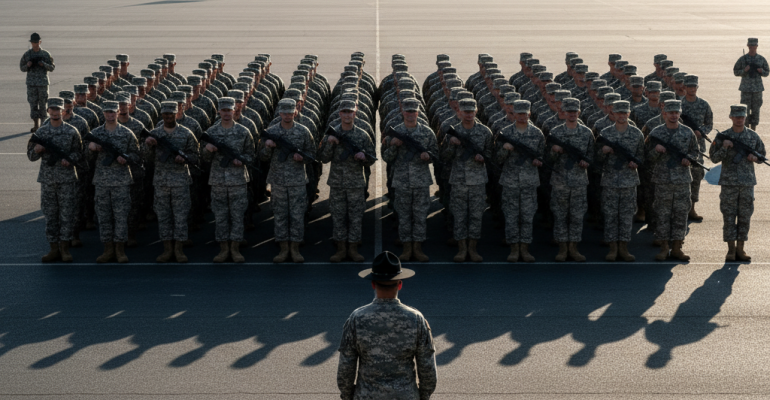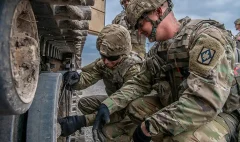How Discipline in the Army Translates to Productivity in Civilian Life
How Discipline in the Army Translates to Productivity in Civilian Life
When most people picture Army discipline, the mind jumps to early morning wake-ups, strict schedules, and neatly pressed uniforms. And while that image isn’t wrong, discipline in the military goes much deeper than surface-level routines. It’s about shaping habits that create consistency, focus, and reliability in the face of pressure. These lessons don’t stop at the gates of a military installation—they’re tools that carry over seamlessly into everyday civilian life and professional environments.

The Power of Routine
In the Army, routine isn’t boring—it’s liberating. Knowing that certain tasks are executed the same way every time frees up mental bandwidth for unexpected challenges. Civilian life benefits from this same principle. Morning rituals, structured work blocks, and consistent habits remove decision fatigue, making productivity more natural and less exhausting.
Time Management Under Pressure
A soldier doesn’t have the luxury of procrastination; missions and deadlines are immovable. That urgency teaches service members to prioritize effectively. In civilian life, deadlines may not always be life-or-death, but the ability to sort what truly matters from what’s just noise makes productivity soar.
Accountability and Standards
In the Army, standards aren’t suggestions—they’re expectations. Whether it’s a clean weapon, a squared-away uniform, or a perfectly executed drill, accountability is built into the system. Carrying that mindset into civilian work means holding yourself (and sometimes your team) to high standards, ensuring quality and consistency in every project.
Adaptability Within Structure
Discipline doesn’t mean rigidity. Soldiers are trained to follow orders and SOPs, but also to adapt when situations change. That balance—structure with flexibility—is a golden rule for productivity outside the Army. It’s the difference between being efficient and being effective.
Focus Through Elimination
Military life often strips distractions to the bare minimum. That sharpened focus helps soldiers complete tasks without unnecessary clutter. Civilians can emulate this by minimizing distractions: silencing notifications, creating dedicated work zones, or setting aside deep work time.
Lasting Self-Motivation
Perhaps the most powerful carryover is self-motivation. In the military, discipline eventually becomes intrinsic; you push yourself not just because someone else demands it, but because you’ve built an identity around excellence. That inner drive is what fuels productivity long after the uniform is put away.
Closing Thought
Discipline isn’t about rigidity or blind obedience—it’s about building a framework that supports your goals. For veterans transitioning to civilian life, and for civilians looking to learn from military practices, adopting disciplined habits is one of the most powerful ways to unlock higher productivity, sharper focus, and more sustainable success.







